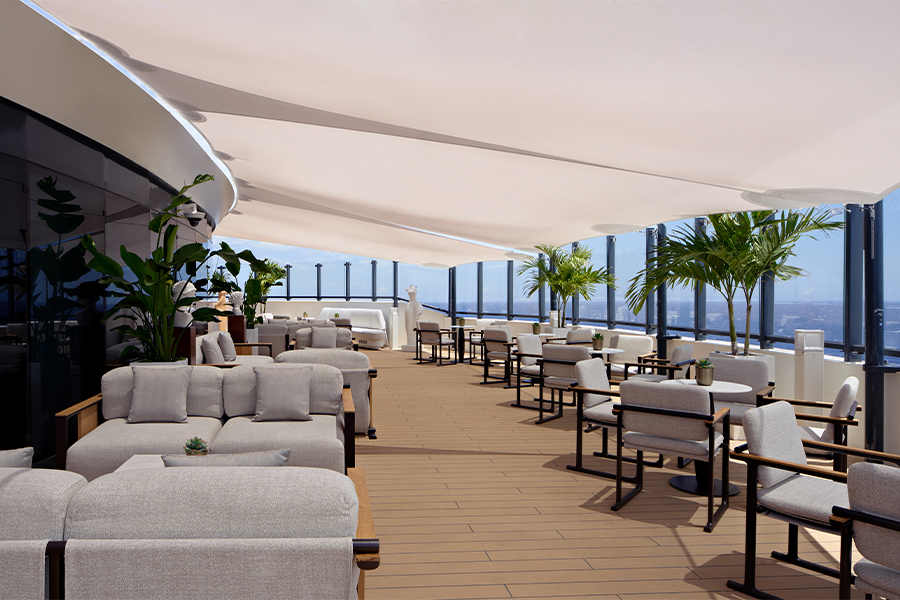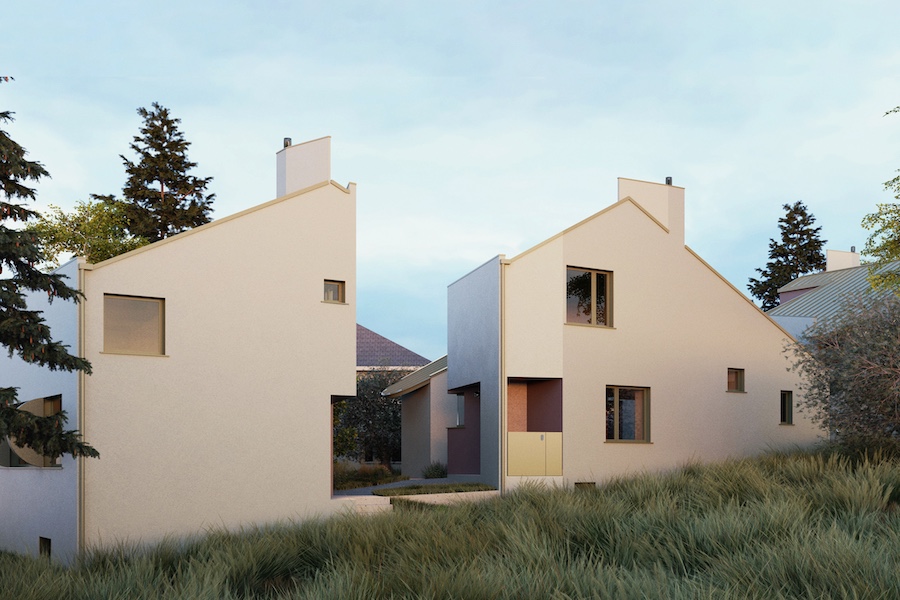Prithvi Raj Singh Oberoi passes away at 94, Airbnb makes its first acquisition as a public company, and Sydell Group considers selling its NoMad Hotels brand. All that and more in this week’s Five on Friday.
Prithvi Raj Singh Oberoi leaves behind a global legacy

The Oberoi Udaivilas Hotel in Udaipur, India; photo courtesy of Adobe Stock
Prithvi Raj Singh Oberoi, chairman emeritus of the Oberoi Group of hotels and resorts, has died at the age of 94, reports Business Today. Oberoi played an instrumental part in pioneering the development of Oberoi Hotel and Resorts, putting the hospitality group on the luxury travel map through the launch of properties in several major cities. He has been recognized for his achievements throughout his career, earning the 2008 Lifetime Achievement Award at the Ernst & Young Entrepreneur of the Year Awards, voted as one of CNBC TV18’s Top 15 Indian Business Icons in 2015, among many others. A statement from the Oberoi Group says Oberoi’s “unwavering dedication and pursuit of excellence elevated the Oberoi Group to international acclaim. His influence extended beyond corporate success, touching the lives of countless hoteliers through mentorship and a commitment to unparalleled standards.” In 2019, Hospitality Design interviewed Oberoi alongside Adam D. Tihany, who helped reimagine the Oberoi, New Delhi, the brand’s flagship property.
Airbnb drops nearly $200 million to acquire an AI startup

Photo courtesy of Adobe Stock
Airbnb recently acquired an AI startup for just shy of $200 million, making it the company’s first acquisition since it went public in 2020, CNBC reports. The acquired startup, Gameplanner.AI, will help progress some of the vacation rental company’s AI projects. Gameplanner.AI is a 12-person team led by Adam Cheyer and Siamak Hodjat (Cheyer was the cofounder of Siri, which was acquired by Apple, then later cofounded Viv Labs, which was acquired by Samsung). Airbnb’s CEO Brian Chesky has touted AI’s abilities to radically enhance the booking platform by learning user behavior and improving matching results. In a company statement, Chesky says “[w]hat makes GamePlanner.AI so special is that they combine expertise in AI, design, and community. AI will rapidly alter our world more than any other technology in our lifetime, but we need to ensure that it augments humanity in a positive way.”
Sydell Group may be selling its NoMad Hotels brand

The NoMad London, designed by Roman and Williams; photo by Simon Upton
Hotel creator and operator Sydell Group is exploring a possible sale of its NoMad Hotels brand, according to people familiar with the matter, writes Skift. NoMad’s now-shuttered inaugural property debuted in its namesake Manhattan neighborhood in 2012, and subsequently opened its second location at Giannini Place in Los Angeles in 2018, which has also since closed. Its current portfolio includes luxury hotels in London and Las Vegas. Sources claim potential buyers include Hilton Worldwide Holdings and other major operators. While deliberations are ongoing, there is no saying whether they will result in a transaction.
Reimagining underground spaces for recreational and cultural use

Photo courtesy of Adobe Stock
Subterranean spaces have long been used for transportation infrastructure, storage facilities, and utility tunnels, but what does underground development look like in a modern framework? Architizer takes a deep dive into how below-ground spaces can be used outside of traditional functions and more for recreational and cultural usage like shopping malls, galleries, sports complexes, and museums. An underground shopping center, for instance, can offer a place for retail needs while giving way to more usable greenspace above ground that can serve as a much-needed oasis for urban city dwellers. Other projects like the Lowline reimagines a public park that unfolds underground in an abandoned trolley terminal beneath Delancey Street in Manhattan’s Lower East Side.
Creating public parks on a budget

Photo courtesy of Adobe Stock
From fostering community to helping with crime prevention, public parks and greenspaces have proven to be a crucial part of urban landscapes. However, in a world reeling in the face of inflation and pandemic-era shortages, budgets for parks are slim. A mile-long linear park in the Bay Area, for example, was given a budget of $7.50 per square foot when projects of this size are typically allocated around $60 per square foot. The project’s planning team had to resort to inventive solutions—crafting seating from fallen trees, sourcing concrete slabs from work sites, and upcycling existing benches from other parts of town. Bloomberg explores how cities across the U.S. are finding ways to improve park infrastructure, especially in areas that need it the most, without large capital investments.



